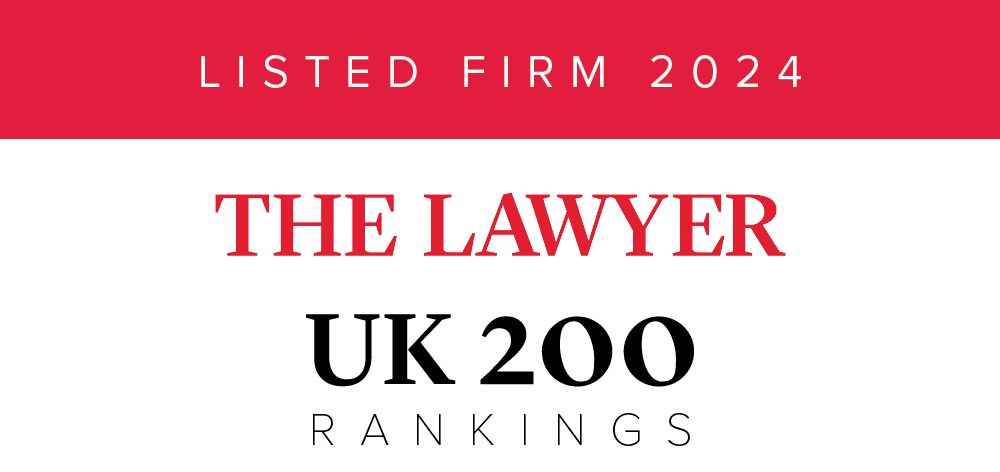A grievance procedure provides employees with an internal process if they have a complaint in relation to their employment. Failure by an employer to follow a fair and reasonable grievance process could amount to discrimination, victimisation or a breach of contract warranting an employee’s resignation (constructive dismissal).
Grievance procedures should be set out in an employee’s contract of employment or as a policy within a staff handbook. As a minimum, the policy should comply with the ACAS Code of Practice on Disciplinary and Grievance Procedures (which can be found at: https://www.acas.org.uk/acas-code-of-practice-on-disciplinary-and-grievance-procedures). If there is no grievance policy in place, Employers must follow the ACAS procedure as a minimum.
The following steps apply to grievances:
- The employee should raise a formal grievance in line with the grievance policy, if relevant, in writing, providing as much information as relevant. However, employers should be alert to the fact that grievances may take different forms and therefore any complaints made by an employee should be dealt with as a grievance.
- If it is felt that an investigation is required, this should be arranged without unreasonable delay. Note that employees do not have the right to have a companion at investigation meetings, however, depending on the circumstances, it may be appropriate to allow the employee a companion.
- A formal grievance hearing to be held without unreasonable delay. Employees should be informed of their right to a companion at the hearing (trade union representative or colleague).
- During the hearing the employee should be allowed to explain their grievance and how they believe it should be resolved. If an investigation is required at this point, the hearing should be adjourned to carry out an investigation.
- Following the hearing, the employer should decide what action to take, if any. A decision should be communicated to the employee in writing without unreasonable delay and where relevant, set out how the employer intends to resolve the grievance. The employee should be informed of their right to appeal the decision if they feel it has not been resolved satisfactorily.
- Employers should hear appeals without unreasonable delay. The time and place of the appeal hearing should be communicated to the employee in advance. Employees should be informed of their right to be accompanied (trade union representative or colleague).
- Appeals should be impartial and heard by a manager not previously involved in the grievance.
- The outcome of the appeal should be communicated to the employee without unreasonable delay.
If you are an employer and require assistance with the drafting of grievance policies and/or advice on the grievance process, you should obtain formal legal advice.
Sills & Betteridge LLP have a team of experienced employment solicitors who can advise and assist employers on all aspects of employment law.




















